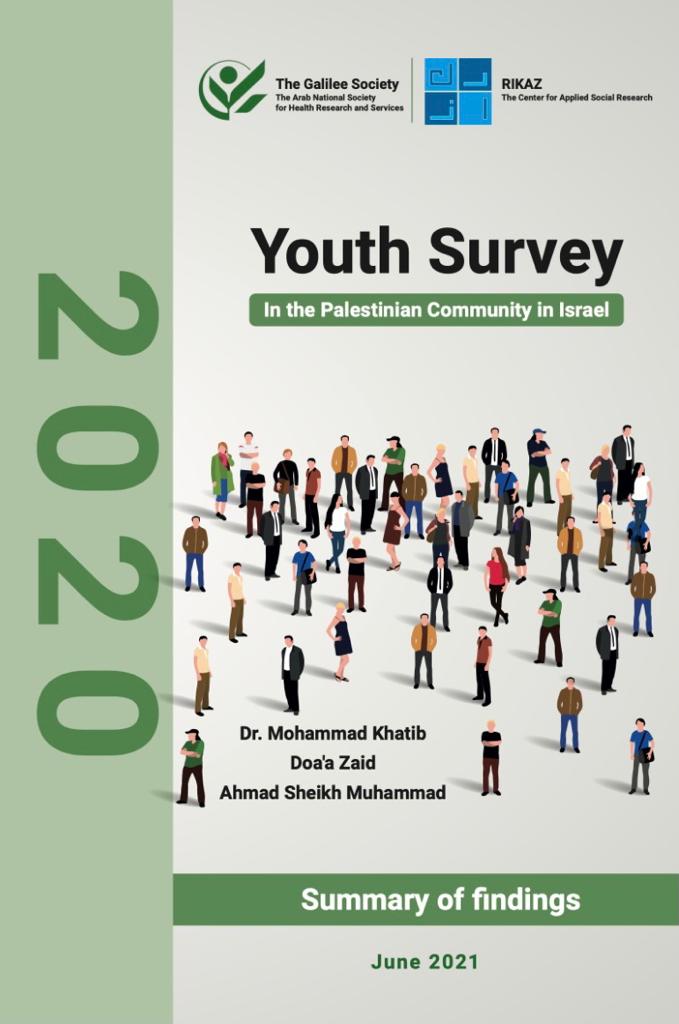Muhamad Hugerat 1,2,3*, Naji Kortam 1, Fadda Kassom 1, Shafea Algamal 3, Sare Asli 2,4
1 The Academic Arab College for Education in Israel, Haifa, ISRAEL
2 The Science Education Center, The Institute of Applied Research, The Galilee Society, Shefar-Am, ISRAEL and Evolution Institute of Haifa University, Haifa, ISRAEL
3 Ministry of Education, Jerusalem, ISRAEL
4 Al-Qasemi Academic College, Baka El-Garbiah, ISRAEL
Received 12 May 2021 ▪ Accepted 15 September 2021
Abstract
Classroom climate and motivation plays a major role in the teaching-learning process. In this study, we proposed a new teaching method (PBL-JD). “Problem-Based Learning” (PBL)-Jigsaw Discussion (JD) (PBL-JD) is a student-centered teaching methodology applied in science education; it ensures that the students are actively involved throughout the learning process. The main aim of this research was to examine the effect of the PBL-JD method on students’ motivation to learn science and on the science classroom climate. The participants of this pre-test – post-test quasi-experimental research consisted of 204 tenth graders studying the blood circulation system. Ninety-eight students were assigned to the experimental group and 106 to the control group. The experimental group was taught using the PBL-JD method, whereas the control group used the traditional non-PBL method, i.e., lecture-based learning. Two questionnaires (pre and post) were distributed (one for evaluating motivation and another for evaluating the science classroom climate). Significant differences were found among the experimental group, who improved their motivation and their perception of the classroom climate.
Keywords: PBL-JD, classroom climate, motivation, high school, biology education


